Smart Cities Research School
Overview of main application domains
Overview of main application domains
The 2017 Smart Cities Research School is an event organized by DeRCa-VIE Project , a PHC Utique Project between the Faculty of Sciences of Bizerte and the University of Bordeaux, with focus on providing insights about new available opportunities for job creations and improvement in our daily life, provided with smart cities initiative spread out over the world. The aim of the School is to tackle the exciting and broad area of smart cities by some of the most prominent researchers and professionals in this recent and promising field.
During the last decade, the trend is towards a vision of a smart city in order to enhance the quality of life of present and future generations regarding economic, social and environmental features. Novel technologies of information and communication (NTIC) are the key enabler for the smart cities concept; these technologies can contribute to overcome existing challenges of urban services and infrastructures, raised by the population growth and increased urbanization, such as in transport, buildings, governance and environment.
Creating a truly smart city is about more than adopting ICT solutions; it’s also about sustainability and quality of life. So, we must address the challenges of this concept in terms of sustainable development for the city. The main issue today is to overcome the legal, financial and cultural difficulties to move towards the larger scale deployment of the smart city. Although the technology is regarded as a main key enabling pillar, the human capital has a prominent role in urban development in order to ensure a progressive approach towards smartness. Pursuing educated and participatory citizens is strategic to consider them as active elements in the process of the realization of smart cities and not only as entities which undergo the benefits of new services and applications.
The school is interested in the presentation of the smart city paradigm. Topics to be addressed include: presentation of smart cities and their challenges, key applications, key technologies and security issue. The main objectives of the school are:
This school could be a forum to exchange ideas and good practices for researchers and practitioners in both public and private sectors. They will be able to discuss technical and practical issues to boost the smart cities development, covering the following themes:
The Smart City vision refers to two main objectives: support local economic development and improve the quality of life for different citizens, workers, industrials and tourists. Thus, these different communities must actively participate in supporting the development of such a vision. All of them may greatly benefit from the broad vision provided by the School. So, the target audience includes:
Single day and/or session registration and attendance are possible only for professionals from companies.
At the end of the School, participants will receive a certificate of attendance; the certificate will be issued upon verification of the signatures daily taken during the sessions.
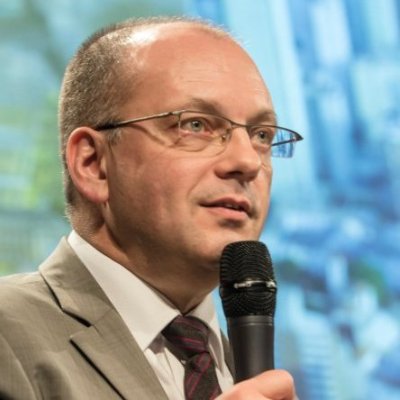
Gilles Betis was chair and co-founder of the IEEE Smart Cities Initiative, now being CEO of OrbiCité, a French company that supports local authorities, companies, startups, associations and foundations in the development of smart cities. During more than 20 years, Gilles Betis has been involved in Thales (France) in the design of complex systems, first in the field of military air defense and then in transportation systems. He has extensive industrial experience in e-ticketing, road tolling, passenger information, integrated communication and supervision, anytime in an international and multi-industrial environment. At the time he joined EIT ICT Labs, he was Smart City and Mobility Solution Leader in Thales Communication and Security. Holding positions of product line manager, marketing manager and solution leader, he has been constantly involved with prospective, innovation and product design matters. Through a holistic systemic approach, his goal was always to link up emerging behaviors and societal needs to innovative technological solutions, allowing a smooth adoption by final users. Gilles Betis is an engineer graduated in 1987 from École Supérieure d'Electricité (France).
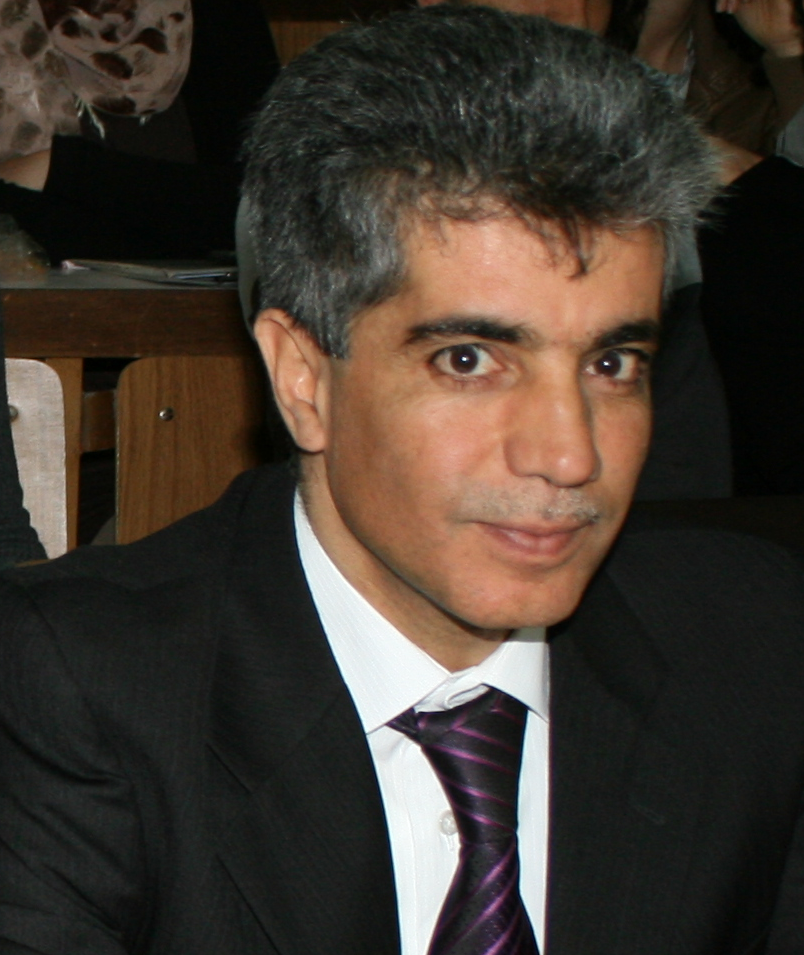
Mohamed JMAIEL obtained his diploma of engineer in Computer Science from Kiel (Germany) University in 1992 and his Ph.D. from the Technical University of Berlin in 1996. He joined the National School of Engineers of Sfax (Tunisia) as Assistant Professor of Computer Science in 1995. He became an Associate Professor in 1997 and full Professor in January 2009. He participated to the initiation of many graduate courses at the University of Sfax. His current research areas include software engineering of distributed systems, formal methods in model-driven architecture, self-adaptive and pervasive systems, autonomic middleware. He conducted many research projects and published more than 150 regular and invited papers in international conferences and journals, and has co-edited four conferences proceedings and three journals special issues on these subjects. He organized and co-chaired the program committees of many international conferences, like MCSEAI’2004, CRiSIS’2009, NOTERE’2010, OPODIS’2010, WETICE’2013, VECOS’2016, and ESBM’2017. He was director of the National Engineering School of Sfax (ENIS), from 2011 to 2014. Currently, he is director of the digital research center at the Technopark of Sfax. More details are available on his home page: http://www.redcad.org/members/jmaiel/.
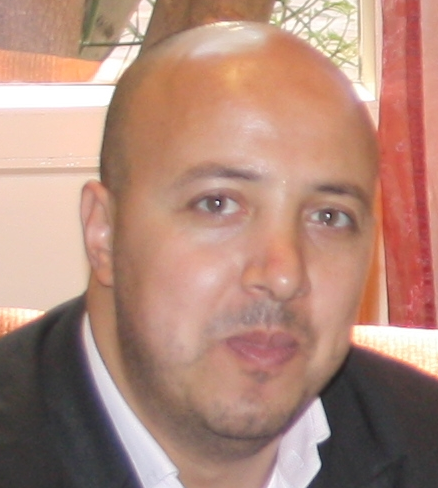
Anas Abou El Kalam received the Habilitation à Diriger les Recherches degree in security of critical networks and systems from the Institut National Polytechnique (INP) Tolouse, France, and the Ph.D. degree in security policies and models from the Laboratoire d’Analyse et d’Architecture des Systémes (LAAS-CNRS), Tolouse. He is also the President of the Moroccan Association of Digital Trust (AMAN: Association Marocaine de confiAnce Numérique) and the President of the Hacknowledge-Maghreb as well as the Moroccan Olympiad of Informatics. Moreover, he is an ISO certified 27001 Lead Auditor, CEH and CISSP. He was the Assistant Director of the OSCARS laboratory (Laboratoire d’optimisation des systèmes de communications avancés, Réseaux et Sécurité) at ENSA - Marrakesh, where he was in charge of the “Networks, Systems and Security” master. He was the Head of the Network and Telecommunication Department and an Associate Professor with INP Toulouse. He had several responsibilities as the Head of the Computer Science Department and the Networks and Systems Security Department. He coauthored more than 150 high-level research papers and participated in several Airbus projects (such as Aircraft Data Communication Networks “ADCN” and Information Management for Avionics Platforms “IMAP”) as well as several European projects such as FP6/IST PRIME, FP7/IST CRUTIAL, NoE Newcom++, and Celtic Fell@home. Dr. Abou El Kalam is the General Chair of the International Conference on Cryptology and Network Security (CANS 2015) and the National Security Days; he is also the Organization Chair of the IFIP International Information Security and Privacy Conference (IFIP SEC 2014). He was the PC Chair or a member of the program committees of several prestigious conferences on security such as the IEEE ACSAC (Annual Computer Security Application Conference), SECRYPT (International Conference on Security and Cryptography), IFIP SEC (International Information Security Conference), International Conference on Risks and Security of Internet and Systems (CriSIS) ESORICS, WSCN, CMS, …. His research interests are security policies and models, Internet of Things security, Big data security, Security testing and evaluation, …
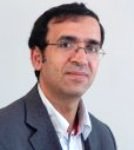
Mohamed Mosbah is a Professor in computer science at the Polytechnic Institute of Bordeaux, France. He is currently the Director of Industrial Partnerships and Innovation. He carries his research in LaBRI, a research Lab. in computer science common with the University of Bordeaux and CNRS, where he is currently the Deputy Director. His research areas include distributed systems and algorithms, simulation tools, safety and security protocols, and wireless networks. In particular, he is leading a project over the last years to develop a new model together with an integrated methodological framework for distributed algorithms of emergent networks. Recently, he is interested in the study of security and safety for mobile networks. He wrote more than 60 articles and developed software tools, and he is involved in various technical program committees and organizations of many international conferences. He is also involved in many research projects, mainly with industrial aeronautic companies. He has directed over twenty PhD dissertations. He is also involved in collaborations with companies in Nouvelle-Aquitaine region as he is a board member of the cluster Digital Aquitaine which is the main network of digital companies.
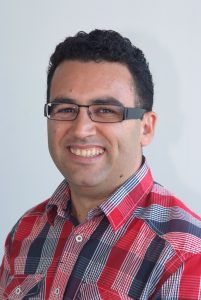
Akka Zemmari Dr. Akka Zemmari has received his Ph.D. degree from the University of Bordeaux 1, France, in 2000. He is an associate professor in computer science since 2001 at University of Bordeaux, France. His research interests include distributed algorithms and systems, graphs, randomized algorithms, machine learning and security. He is head of Distributed algorithms team at the University of Bordeaux. He participated to national research projects, European research projects, and Europe-India projects. He wrote about 50 research papers published in international journals and conference proceedings and he is involved in program committees and organization committees of international conferences.
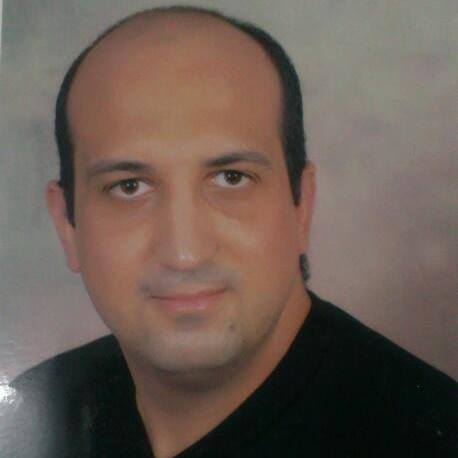
Houssem Lahiani, an engineer and a researcher in computer science. He teaches since 2011 in institutions of higher education in Tunisia. It now belongs to the Department of Mathematics and Computer Science at the National School of Electronics and Communication of Sfax (Enet'Com). He now completes his thesis in computer science at the Faculty of Economics and Management of Sfax. This informatician, who founded in 2013, with a group of motivated young people, the virtual community "Mediterranean Community for Mobile Developers", specializes in the field of Development of embedded and mobile applications and has delivered more than 100 Training at the invitation of various organizations.
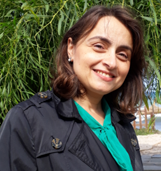
Takoua Abdellatif got her IT engineering degree from ENSIMAG (Grenoble) engineering School in 1998. She worked as research and development engineer at Hewlett Packard in Grenoble on designing and improving Telecom and Internet convergence during five years (1 patent). She then worked as research engineer in Bull/Grenoble where she achieved in 2006 her Ph.D. in collaboration with INRIA on automating management of JavaEE clusters. She was during 11 years associate professor in IT at Sousse University then at Polytechnics School of Tunisia (EPT) at Carthage University. She is a senior researcher at EPT/SERCOM research lab; coordinating the lab research activities around scalable and secure distributed systems. She is currently involved in many projects in collaboration with research labs in Tunisia (Military Research Center), research labs in France (Verimag/Grenoble, Labri/Bordeaux and LAAS/Toulouse) as well as with leading IT Tunisian companies (Proxym-IT and Ooredoo) in areas of Big Data infrastructures, reputation-based systems, IOT platforms’ security and E-Health.
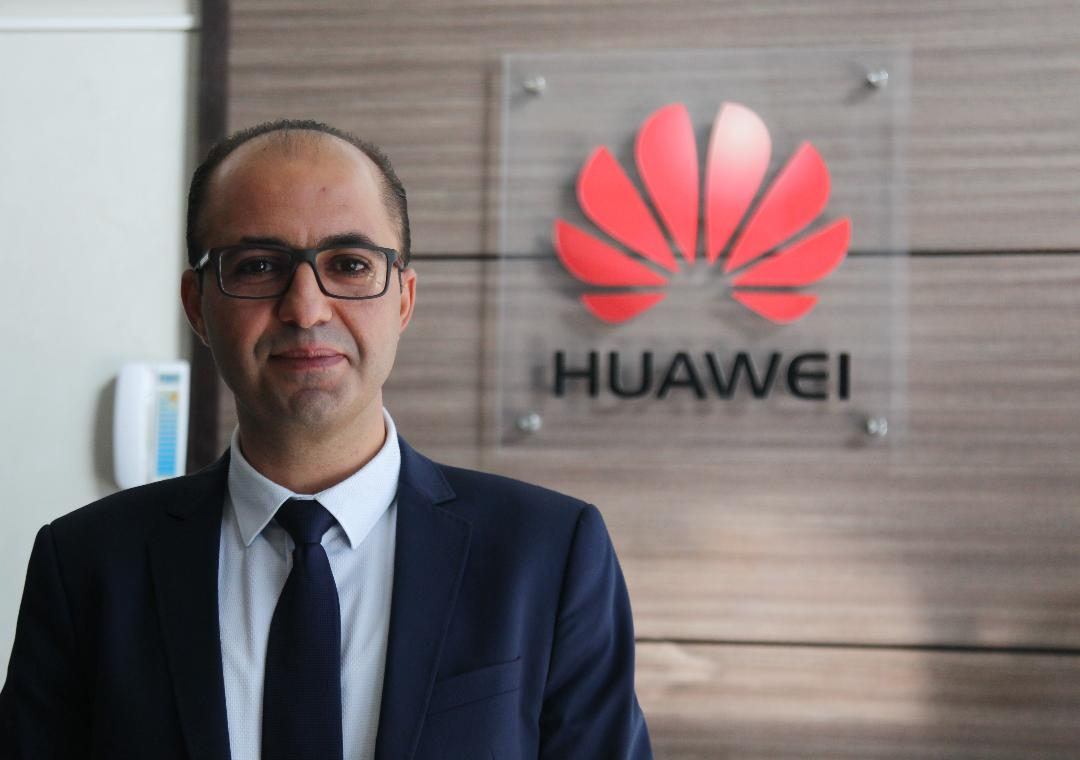
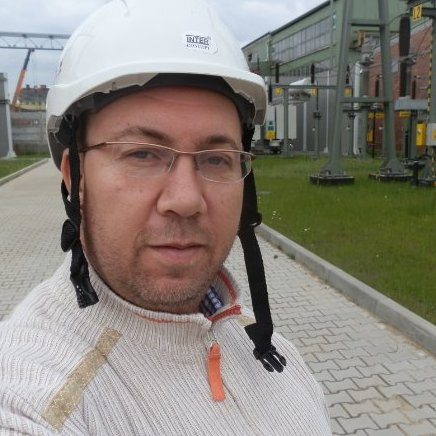
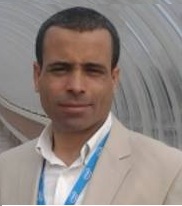
Adel Bouallegue was born in Kairouan, Tunisia at 1971. He gets his PhD, the Aggregation and Electrical Engineering degrees respectively in 2006, 2000 and 1995. Currently, he is a Teacher/Researcher at the Department of Industrial Electronics/LATIS laboratory, National Engineering School of Sousse (ENISO), Tunisia. Moreover, he is. Moreover, He was Consultant with many companies and actually he is the R&D Manager at SIAME Company since September 2015. His fields of interest are Smart Grids, Smart Metering, Smart Transformers, Vehicle Wireless Battery Charger and Load Consumption Forecasting.
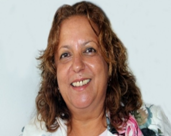
J'ai reçu mon titre de Docteur d'Etat en 1996. Je suis Professeur depuis 2003. Je suis membre représentant de la Tunisie de NanoAfNet. Je suis membre du groupe de réseau UIPAP de femmes en physique et chef d'équipe du groupe tunisien. J'ai été vice-président de l'Université de Carthage (2008-2011). J’ai été présidente de la Société Tunisienne de Physique Section Bizerte. Je suis à la tête du groupe des nanostructures au Laboratoire de Physique de la Matière Condensée. J'ai participé à un certain nombre de projets européens et nationaux. J'ai coprésidé plusieurs conférences et symposiums nationaux et internationaux. Mes principaux intérêts de recherche sont les nanosciences et les nanotechnologies. J'ai été particulièrement active dans la théorie des propriétés fondamentales des structures à faible dimension et dans la simulation des nanodispositifs avancés. Dans ces domaines, j'ai publié plus de 90 articles dans des revues internationales à comité de lecture, et j'ai participé à des ateliers et conférences internationaux. J'ai étudié l'électronique de quelques états de particule (excitons et électrons, électron-phonon: états de polarons) dans les boîtes quantiques. Une nouvelle branche de recherche liée à la mise en oeuvre de dispositifs électroniques est consacrée à l'exploitation des propriétés des nanostructures (semi) magnétiques à spin. D'autres travaux ont abordé l'optique quantique par l'intermédiaire d'hétérostructures organiques-inorganiques et de microcavités hybrides. Plus spécifiquement, une nouvelle branche de recherche liée à la mise en oeuvre de dispositifs électroniques est consacrée à étudier et à exploiter les propriétés du graphène et au-delà les matériaux 2D.
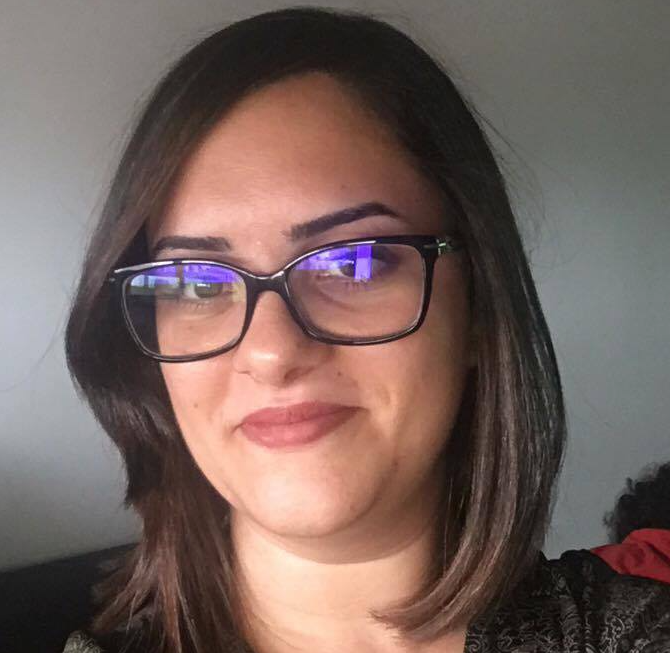
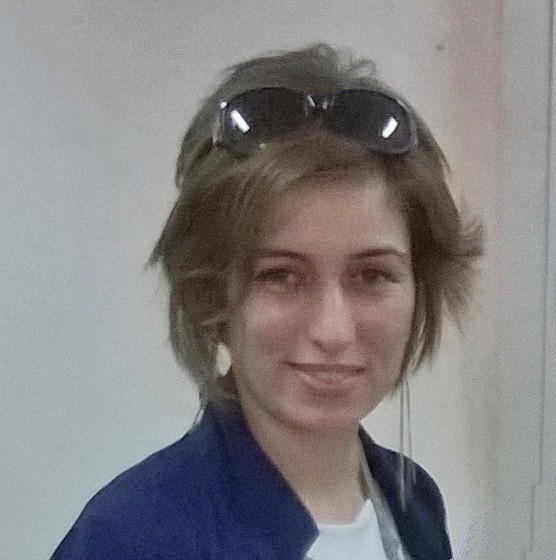
Dr. Imen Jemili is currently an Assistant professor of computer science at the Faculty of sciences of Bizerte, University of Carthage since September 2009. In 2009, she received her PhD degree jointly from the University of Bordeaux (France) and the University of Mannouba. She received her M.S. degree in Computer Science in 2002 from the National School of Computer Science (ENSI), University of Mannouba, Tunisia. Her research interests include wireless networks, ad hoc and sensor networks, power conservation, synchronization algorithms, routing, simulation and performance evaluation. Recent work co supervised with LaBRI research laboratory concern context-awareness in wireless sensor networks and smart cities.
The scheduling of the different sessions may be modified according to the availability of the different invited speakers (click the different blocks for more details about sessions).
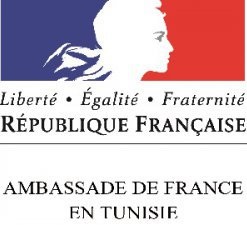
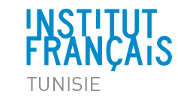



The early registration deadline is due to October 14th, 2017 October 20th, 2017. To apply, please fill in the registration form. You will receive an e-mail containing payment instruction upon registering.
| Type of fee | Before October 20th, 2017 | After October 20th, 2017 |
| Student | 280 TND | 350 TND |
| academia/university | 400 TND | 480 TND |
| Industry | 650 TND | 750 TND |
| Foreigners | 300 EUR | 400 EUR |
The registration fee includes participation at all school activities, school material, coffee-breaks and lunch-breaks. Single day and/or session registration and attendance are possible only for professionals from companies. For more details or any question regarding the registration, please contact bizerte.smartcities.school@gmail.com
Pr. Mohamed Mosbah (Bordeaux INP, France)
Dr. Imen Jemili (FSB, Tunisia)
Dr. Dhoha Ghrab (ENSI, Tunisia)
Dr. Sabra Mabrouk (FSB, Tunisia)
Dr. Soumaya Dahi (FSB, Tunisia)
Dr. Emna Ben Salem (FSB, Tunisia)
Dr. Soumaya Hamouda (FSB, Tunisia)
Bizerte, Tunisia
Bizerte is located 56 km of the Tunis-Carthage airport. Regular buses from Tunis-Carthage airport to Bizerte are available. All information about transportation schedules from the airport can be found here. Airport Transfer Tunisia offers also the opportunity to carry from the Tunis-Carthage airport to Bizerte. To get Bizerte by taxi from the airport, you need to take Touristic Taxi (White Taxi) or rent a car.
The Smart cities Research School 2017 will be held at Andalucia Beach Hotel, tourist area, Bizerte 7000, Tunisia Web site : andaluciabeach.net Tel :+216 72 421 182
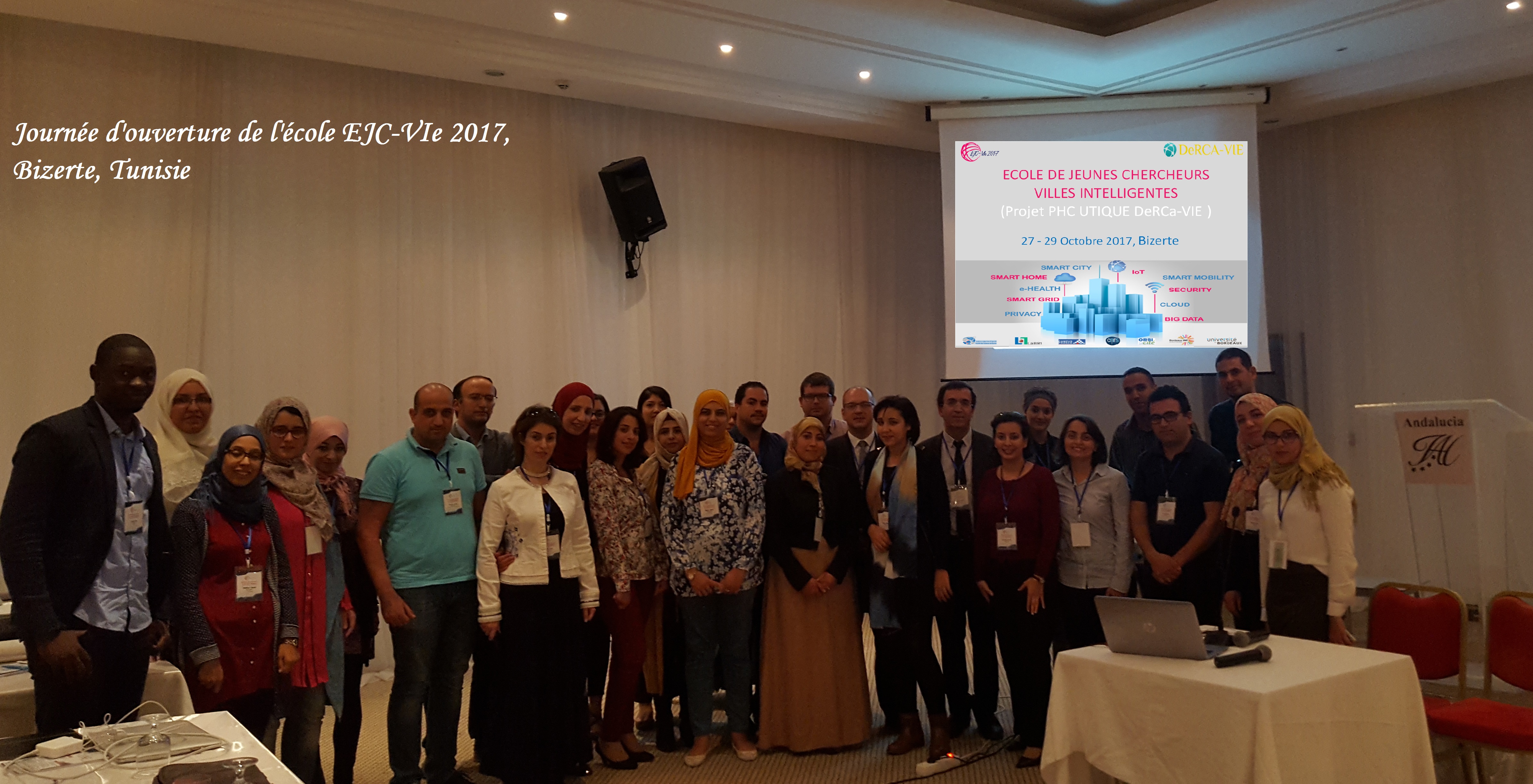
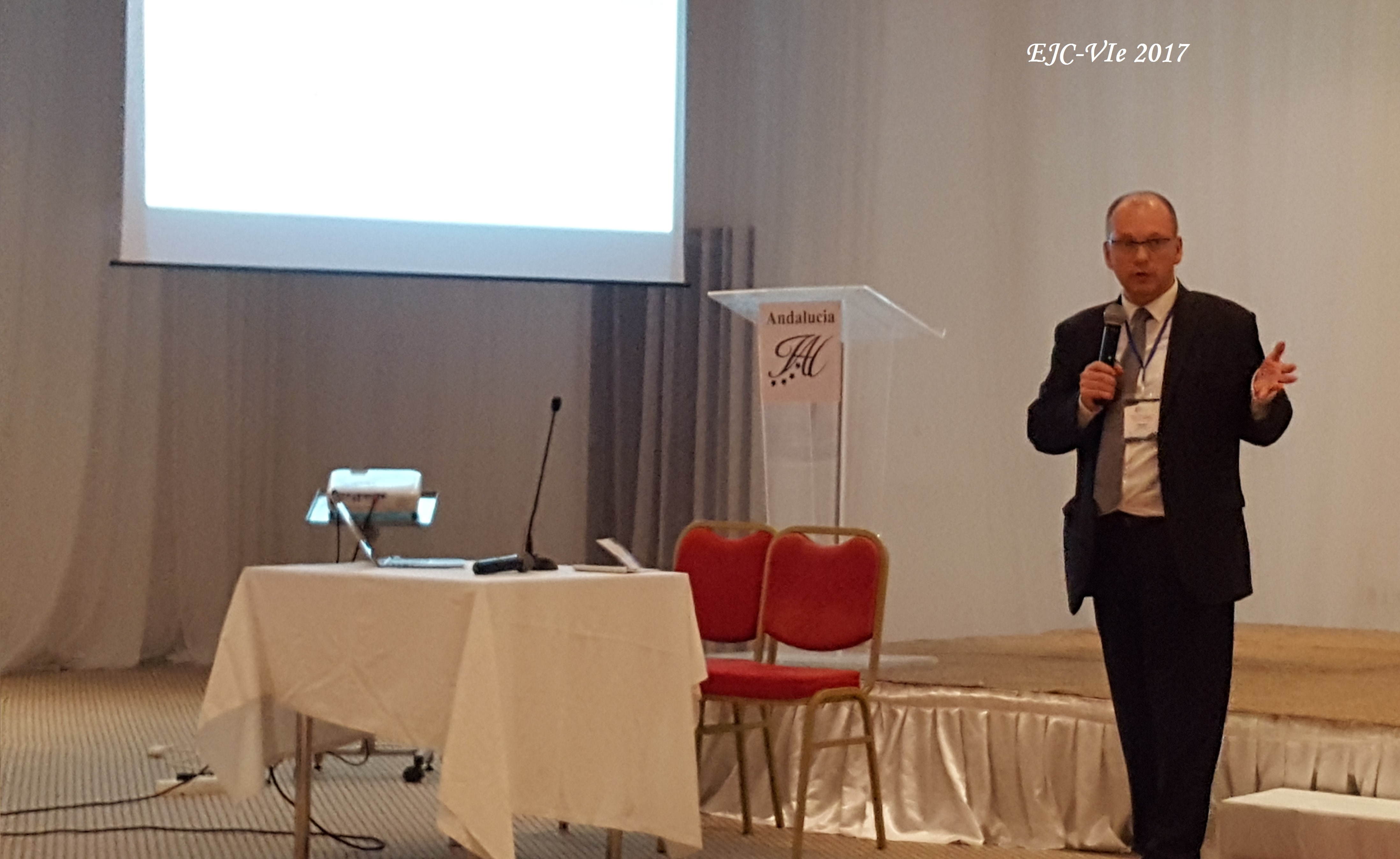
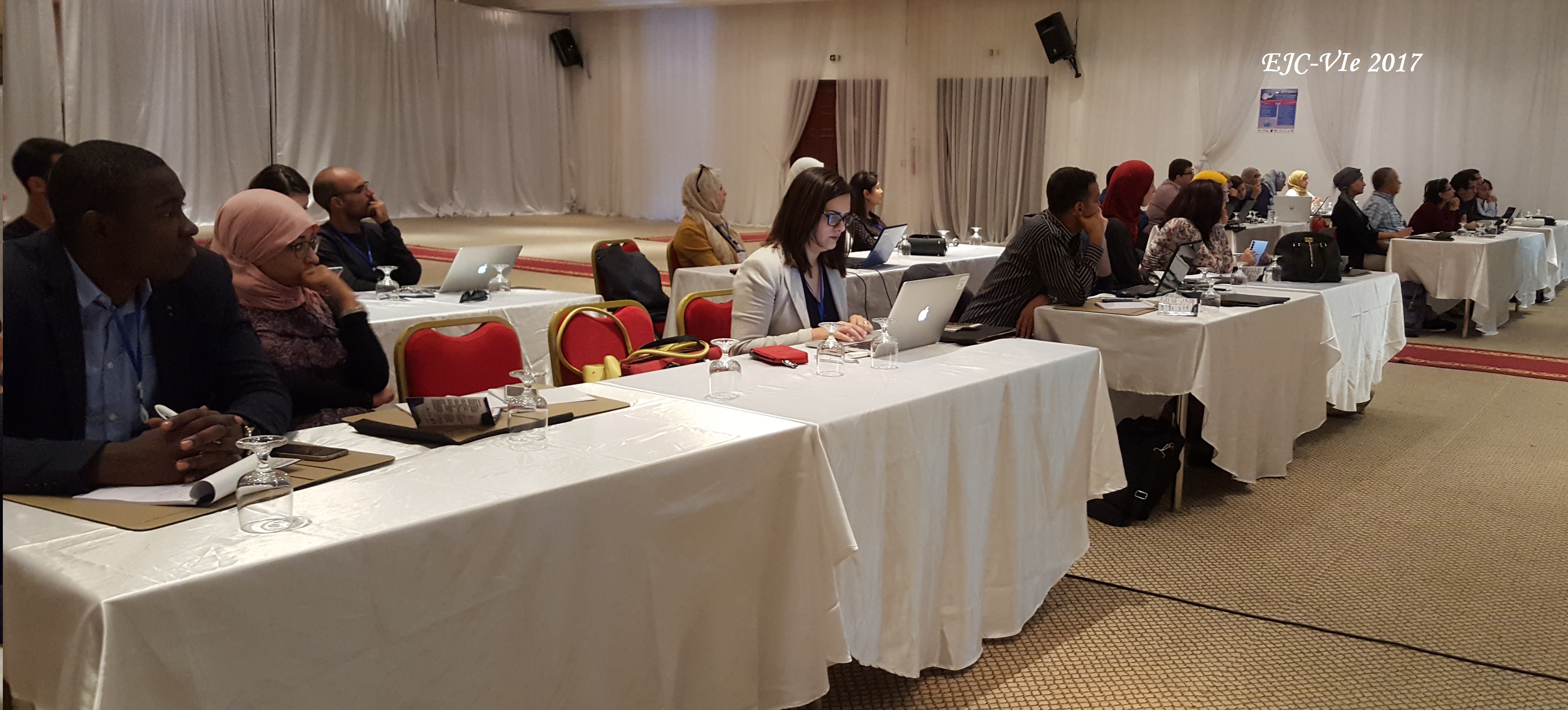

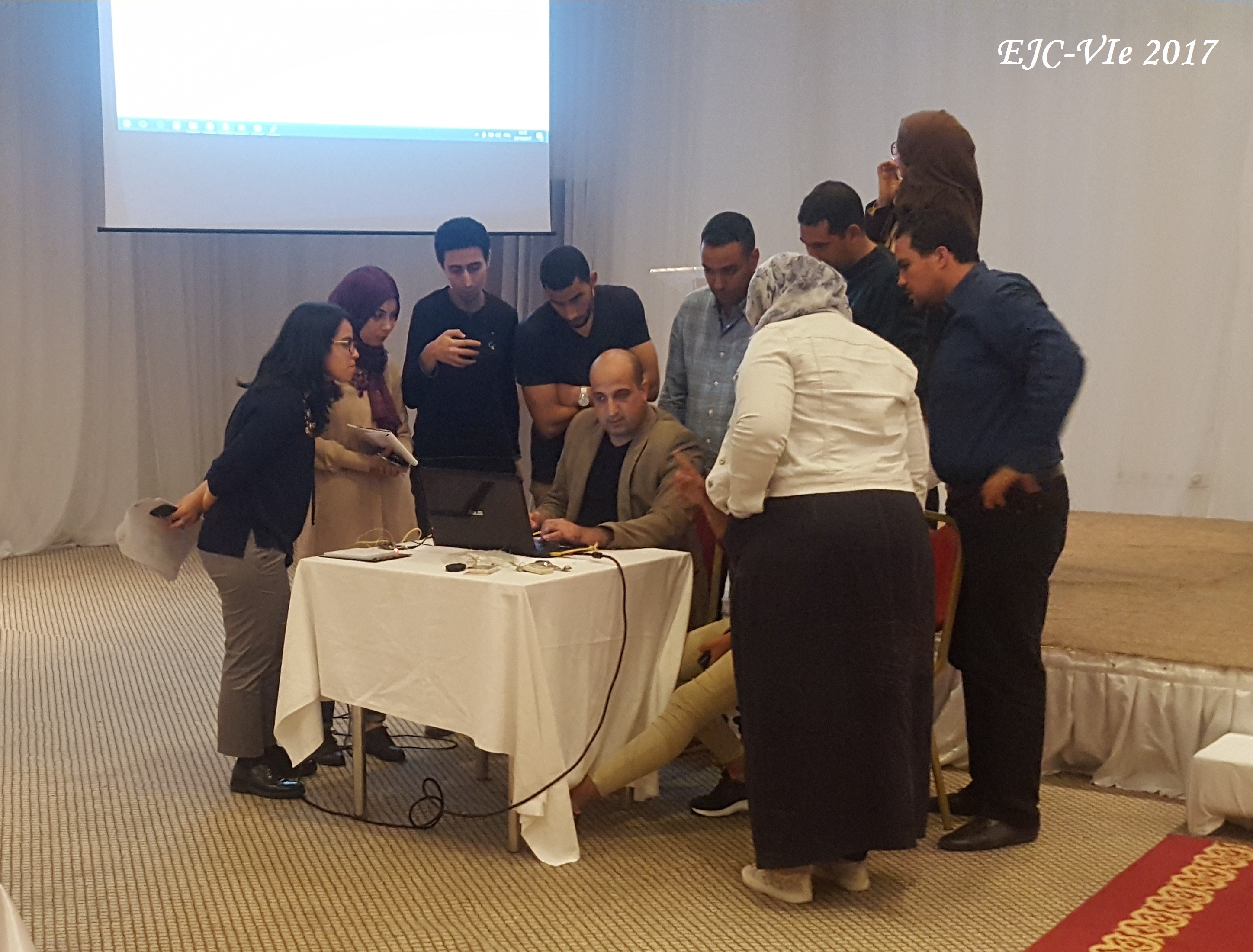
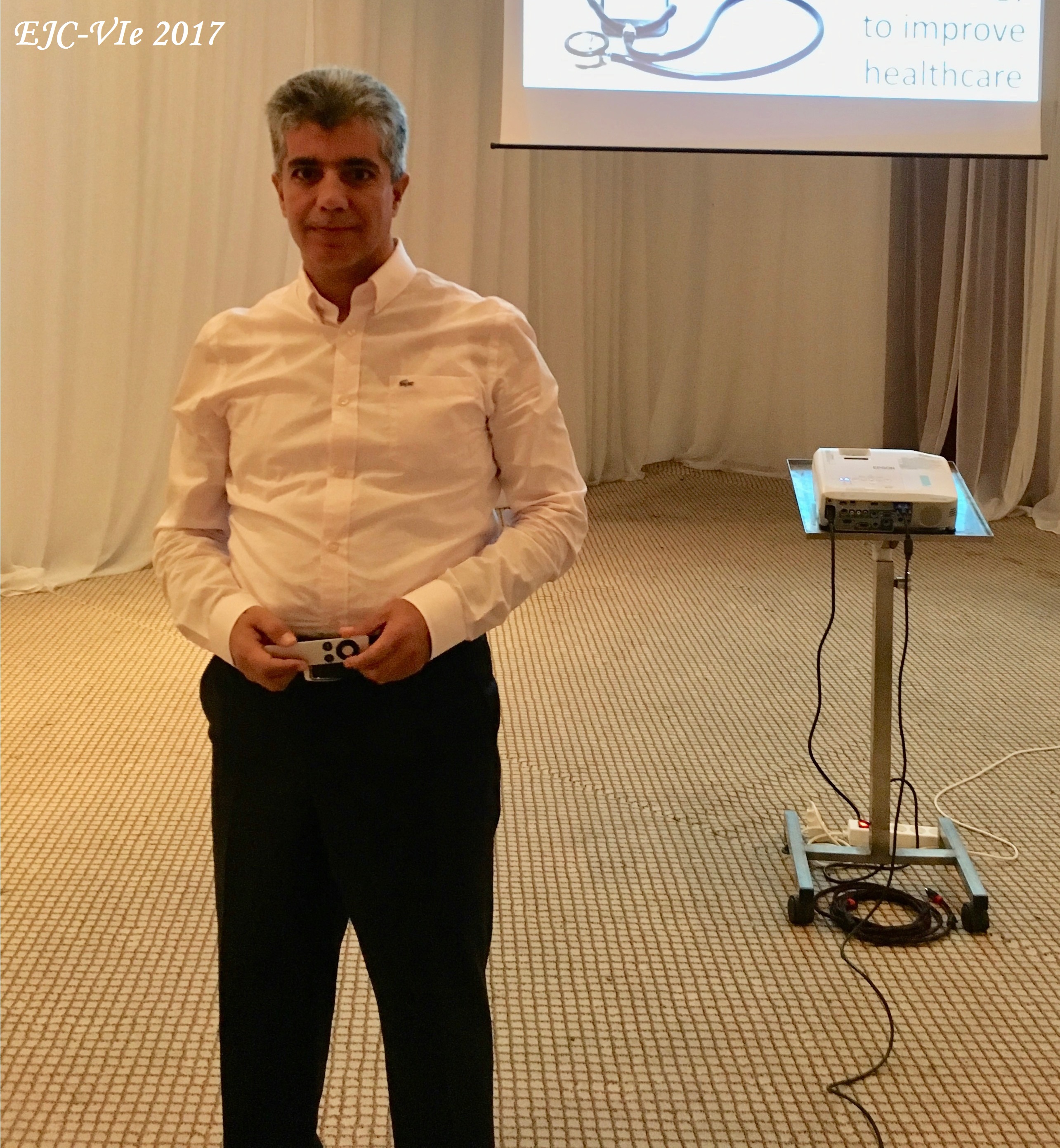
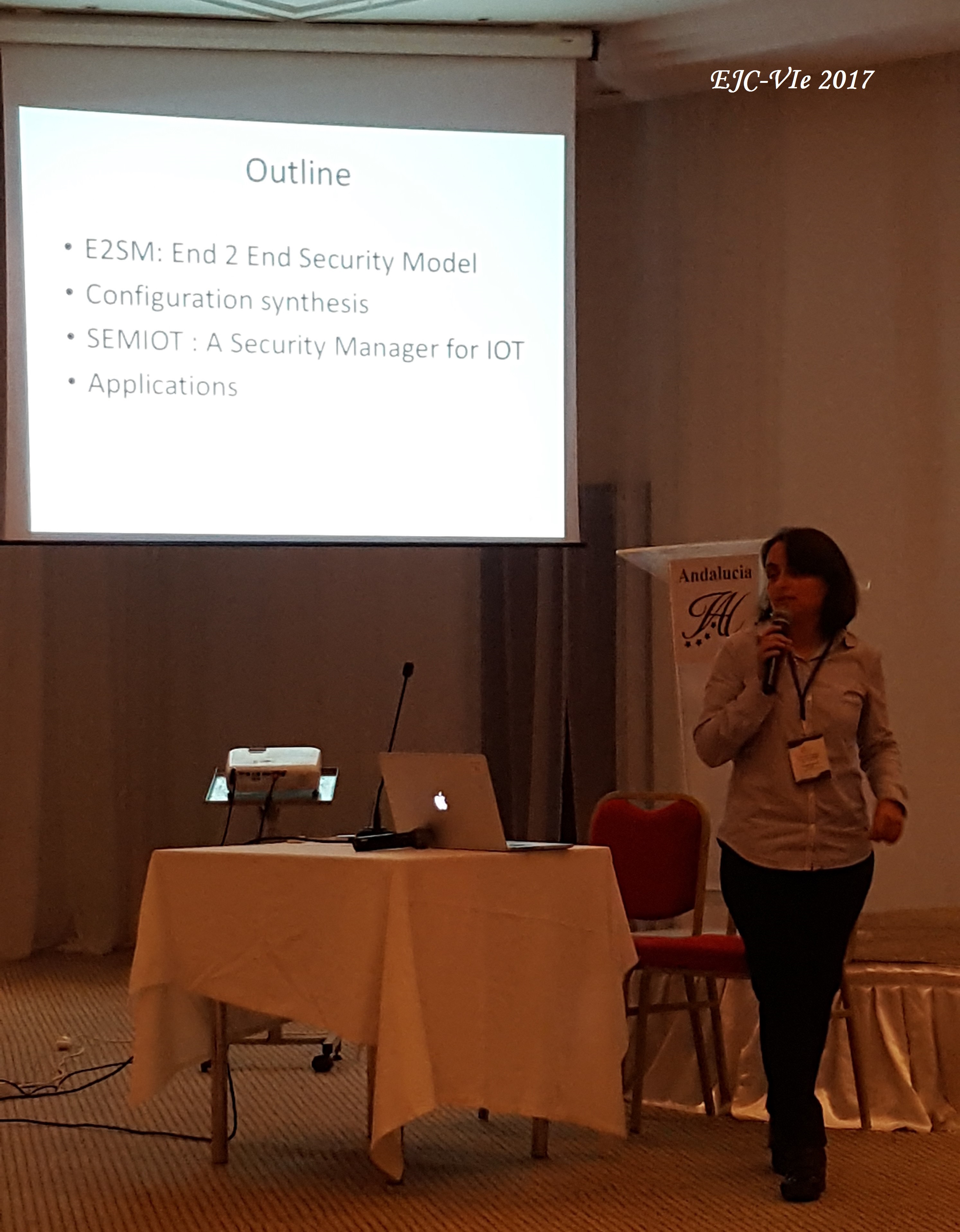
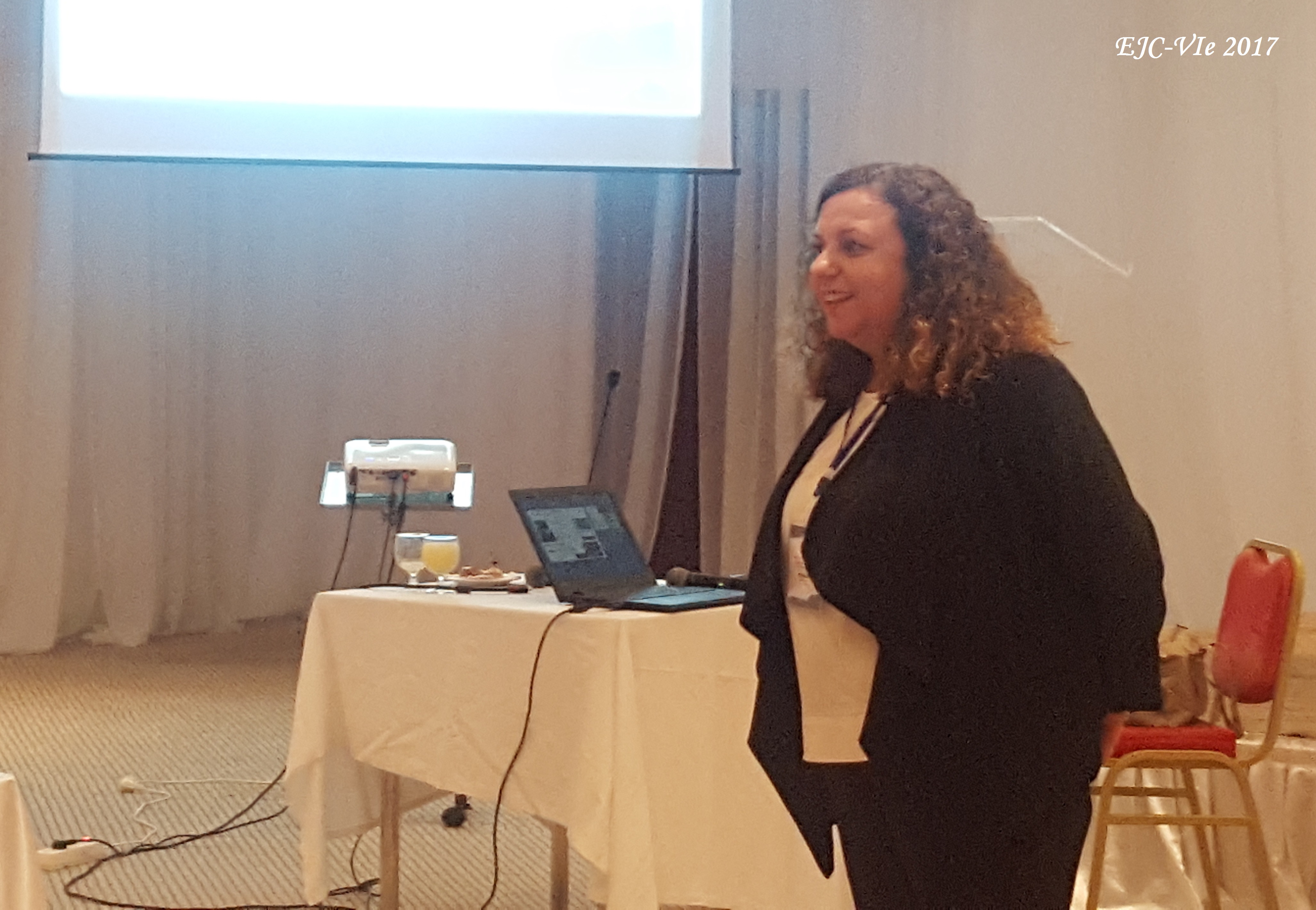

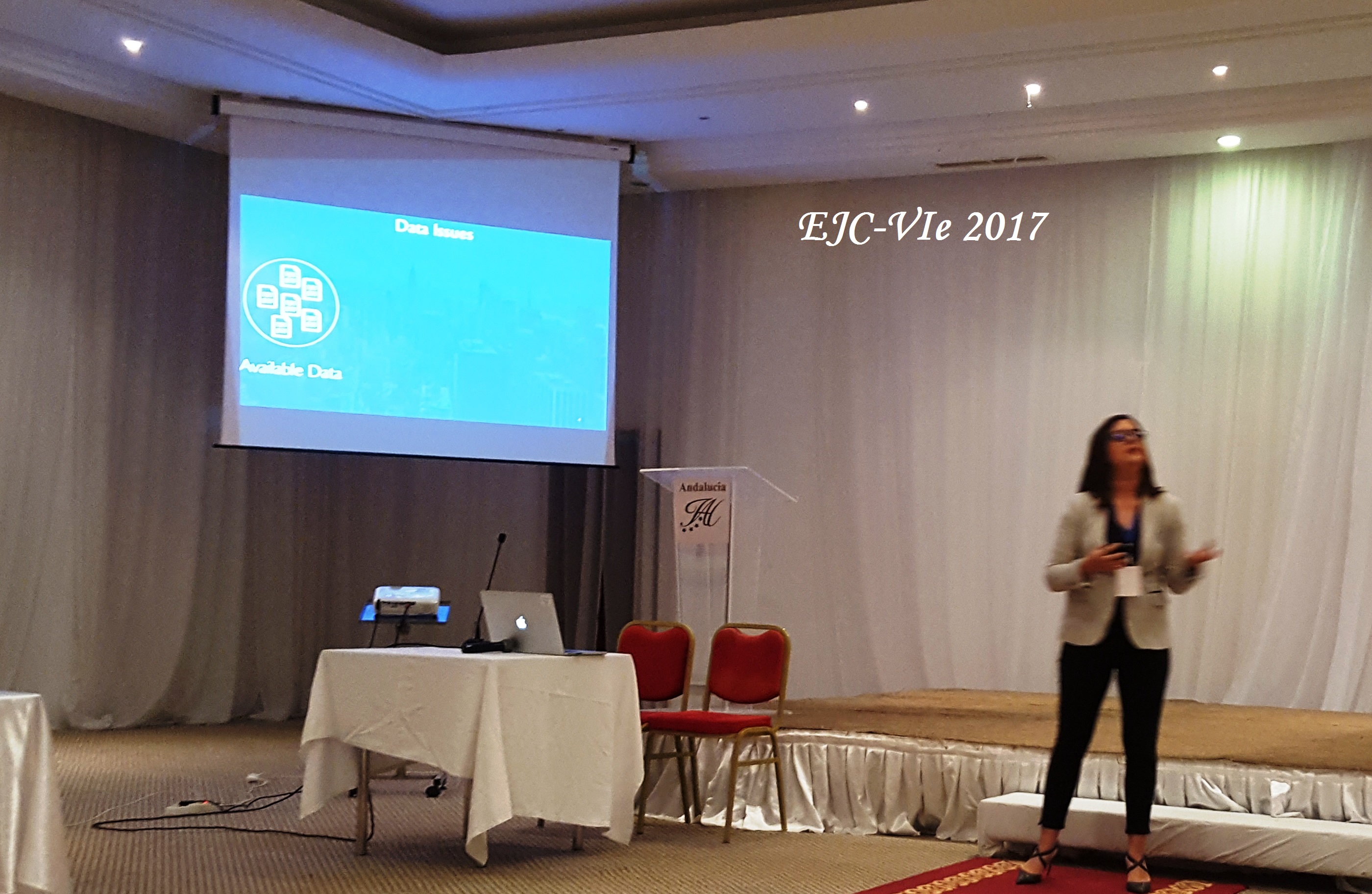
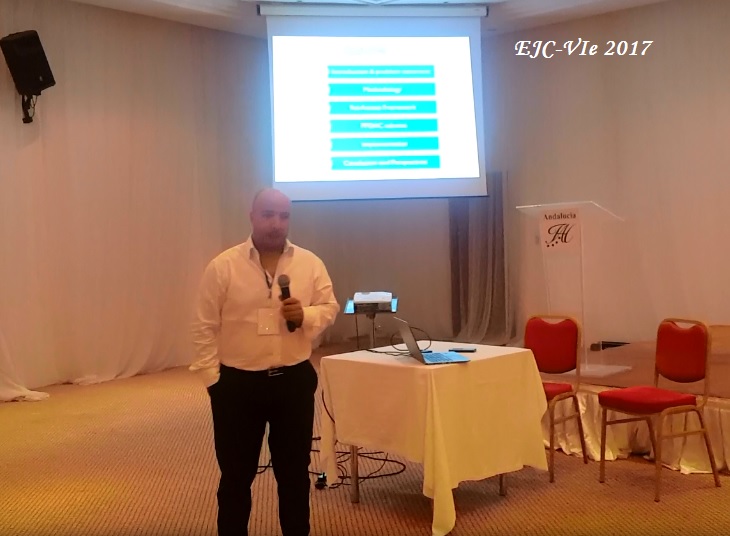
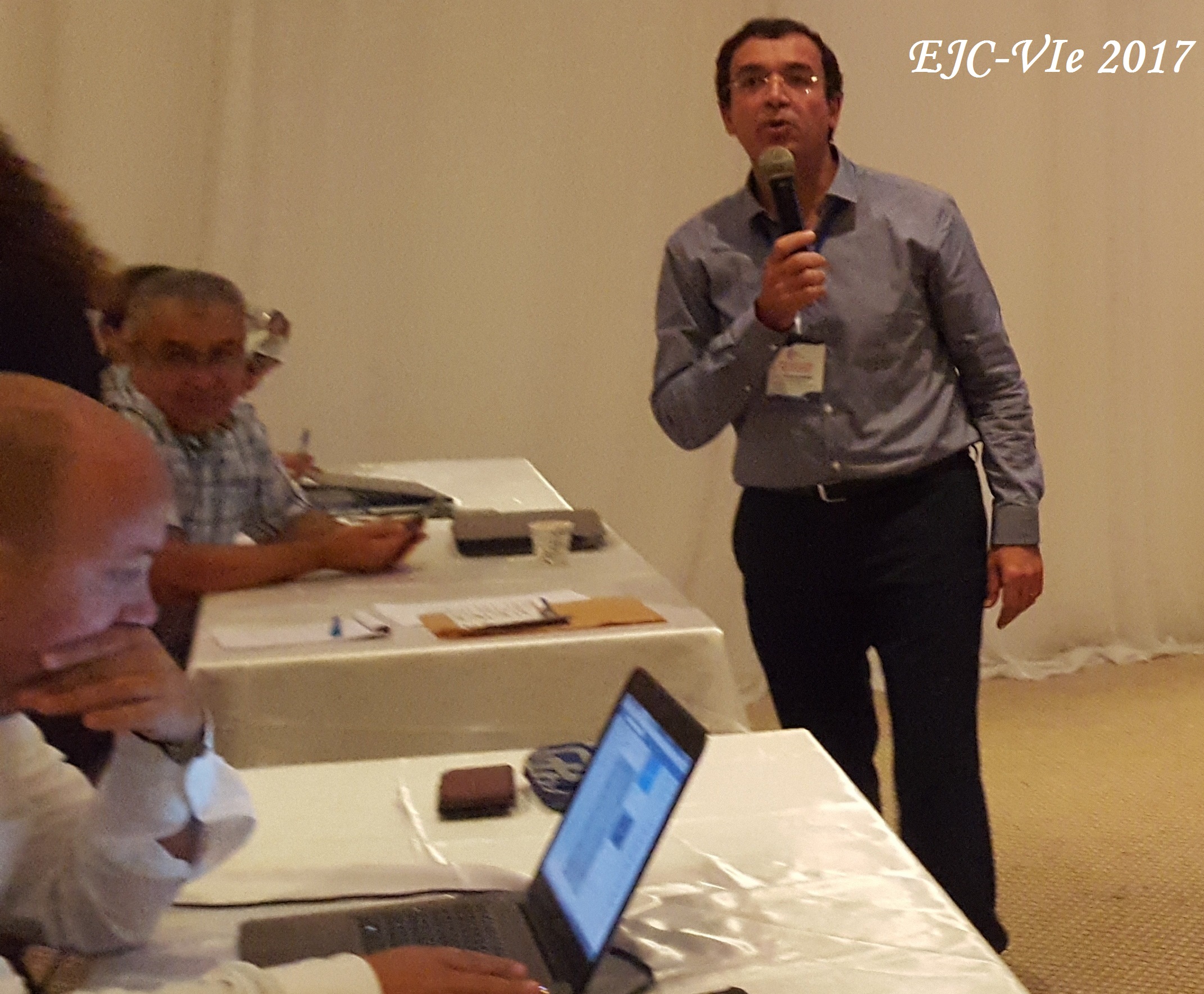
For any enquiries contact Imen Jemili, Reserch School general co chair by email : bizerte.smartcities.school@gmail.com
Don't miss the event!